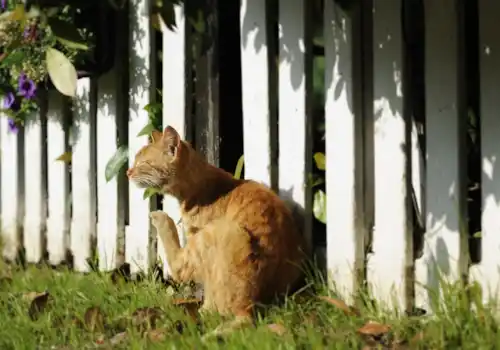There is more than one cause for this problem and successful treatment depends on an accurate diagnosis.
(Q) Why has my 17-year-old cat started sleeping in his litter tray even if it's been used? He has a lovely comfy bed nearby and has been given a clean bill of health from the vet. Help!
(A) Behaviourist Jon Bowen says: The most likely cause is dementia. However, there is more than one cause for this problem and successful treatment depends on an accurate diagnosis. In cats there are two equally common causes of dementia. The first can be treated with dietary supplements and medication, but in my experience the response is not as good as we see in dogs unless we catch the problem early.
The other common cause is, believe it or not, high blood pressure. Kidney disease and an overactive thyroid, both of which are common problems in older cats, can cause raised blood pressure that leads to leakage of fluid from blood vessels in the brain. The accumulation of waste products in the body due to faulty kidneys can also change behaviour.
Cats with dementia will often pace and wander aimlessly, cry for no reason, vocalize loudly at night, get confused about where they are, go to the toilet in odd places and appear disconnected from their surroundings. In severe cases they may even appear to lose some vision or hearing, and have difficulty walking and balancing.
To get to the bottom of this problem you'll need to discuss some additional tests with your vet. Depending on your cat's physical condition, a test for thyroid function may not be necessary. That leaves liver and kidney function tests and measurement of your cat's blood pressure.
If these are all normal and your vet has ruled out any other obscure causes, then you could start treatment for the Alzheimer's-type dementia that cats often suffer from.







